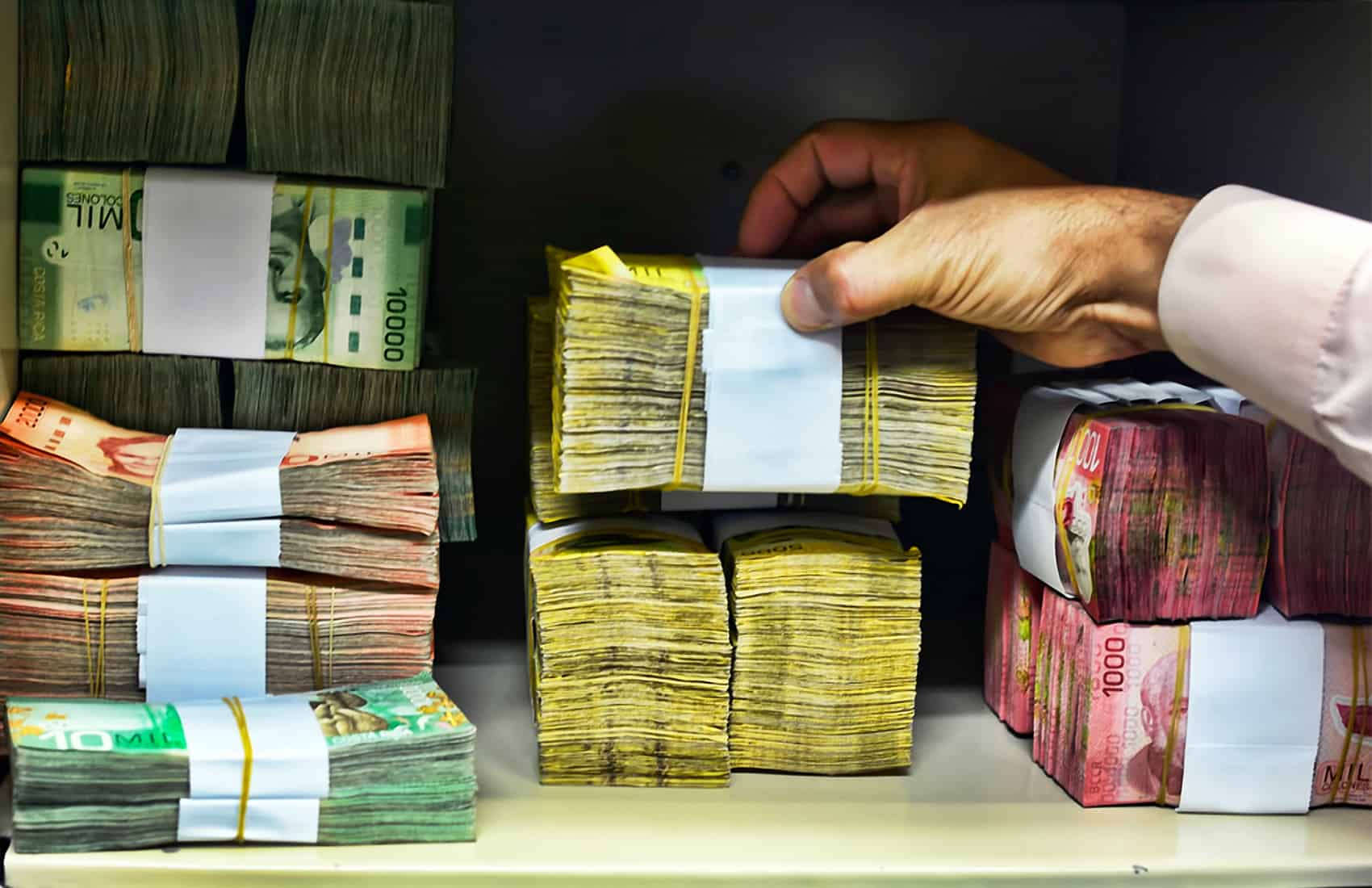The Costa Rican Presidency has withdrawn 10 law projects in an effort to streamline the path toward a $504 million loan from the International Monetary Fund.
A statement from the Minister of the Presidency, Marcelo Prieto, explained the move will give priority to the bill authorizing the international credit, which was approved by the IMF in late April.
“This measure is taken in an attempt to give priority … to this initiative whose approval is fundamental given the Costa Rican macroeconomic panorama in the midst of the crisis caused by the pandemic,” Casa Presidencial said in a statement, adding that the IMF financing would “inject fresh resources to guarantee economic stability.”
The 10 withdrawn bills will be reinstated for discussion in the Legislative Assembly once the IMF loan is approved, according to Casa Presidencial. The projects in question are as follows:
- Project 20.715: Would modify various articles of the law on donation and transplantation of human organs and tissues.
- Project 21.148: Would modify the law allocating funding from telephone bills to finance the Red Cross.
- Project 21.436: Bankruptcy Law of Costa Rica.
- Project 21.546: The General Public Procurement Law.
- Project 21.621: Law to decommission unauthorized landing strips.
- Project 21.641: Would modify laws on public roads and road safety.
- Project 21.671: Law that authorizes the INS to make a donation for construction in the Huetar Norte Region.
- Project 21.737: Would amend an article in the Municipal Code.
- Project 21.738: Law for the strengthening of vocational training for employability, social inclusion and productivity in the face of the fourth industrial revolution.
- Project 21.929: Approval of the cooperation agreement for the financing of investment projects of road infrastructure and urban mobility program.
President Carlos Alvarado has said that cuts in public expenses will guarantee Costa Rica’s economic stability through 2020, but that the IMF loan will be crucial in 2021 and beyond.
With the loan, the government is negotiating a “stand by” agreement with the IMF, in which it it “agrees to adjust its economic policies to overcome the problems that led it to seek funding.”
The $504 million loan comes in the face of the coronavirus pandemic.
Like other countries, Costa Rica imposed nationwide closures to halt the spread of the virus, and those “necessary containment measures, coupled with the global economic downturn, are expected to take a major toll on the economy in the short term,” the IMF said in its April announcement.
The funding will “support essential COVID-19-related health spending and relief measures targeted to the most affected sectors and vulnerable populations.”
The IMF noted the government has eased spending controls, announced moratorium on tax payments and approved a package of measures to mitigate the impact of the lockdowns.
“The resources will allow the government to finance the attention to the health and economic crisis under very favorable rate and term conditions,” said the president of the Central Bank of Costa Rica, Rodrigo Cubero, in a government statement.






